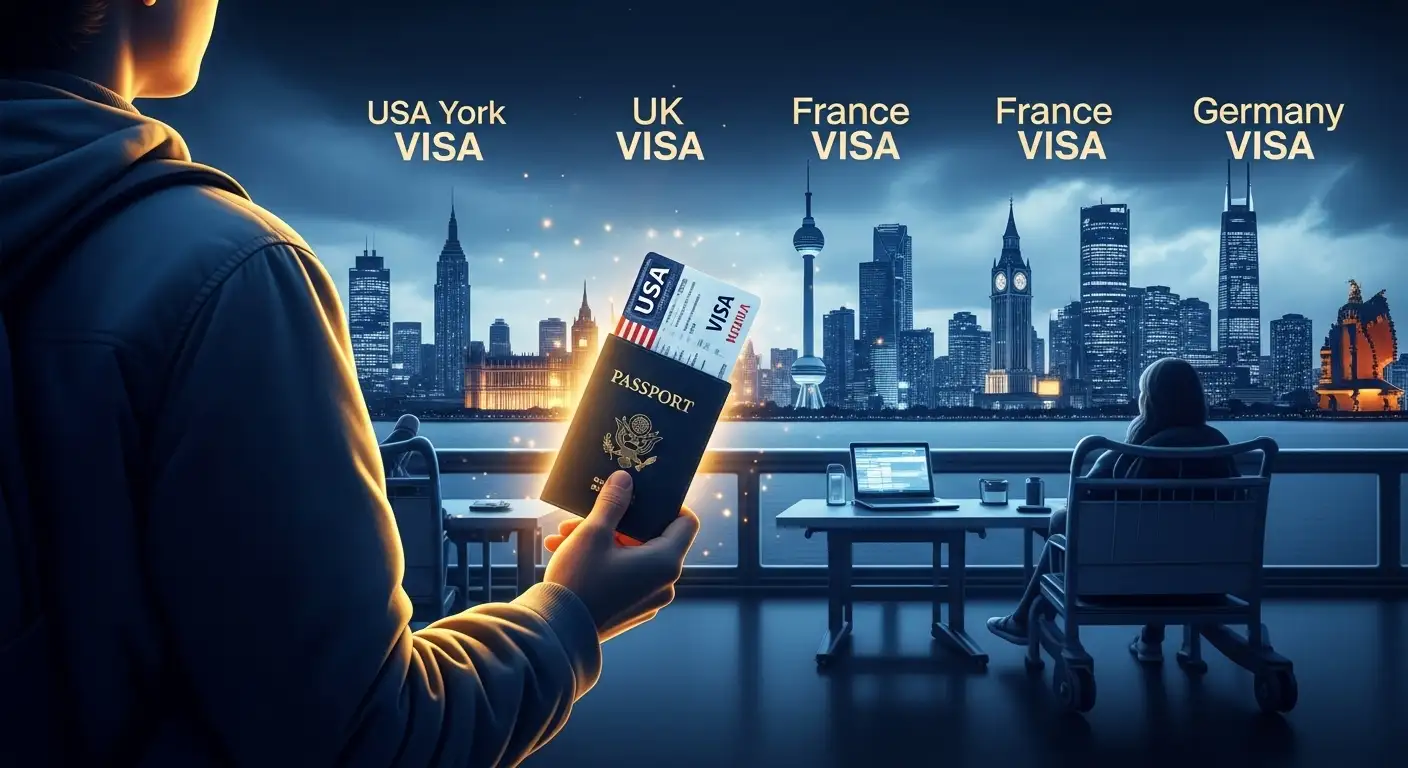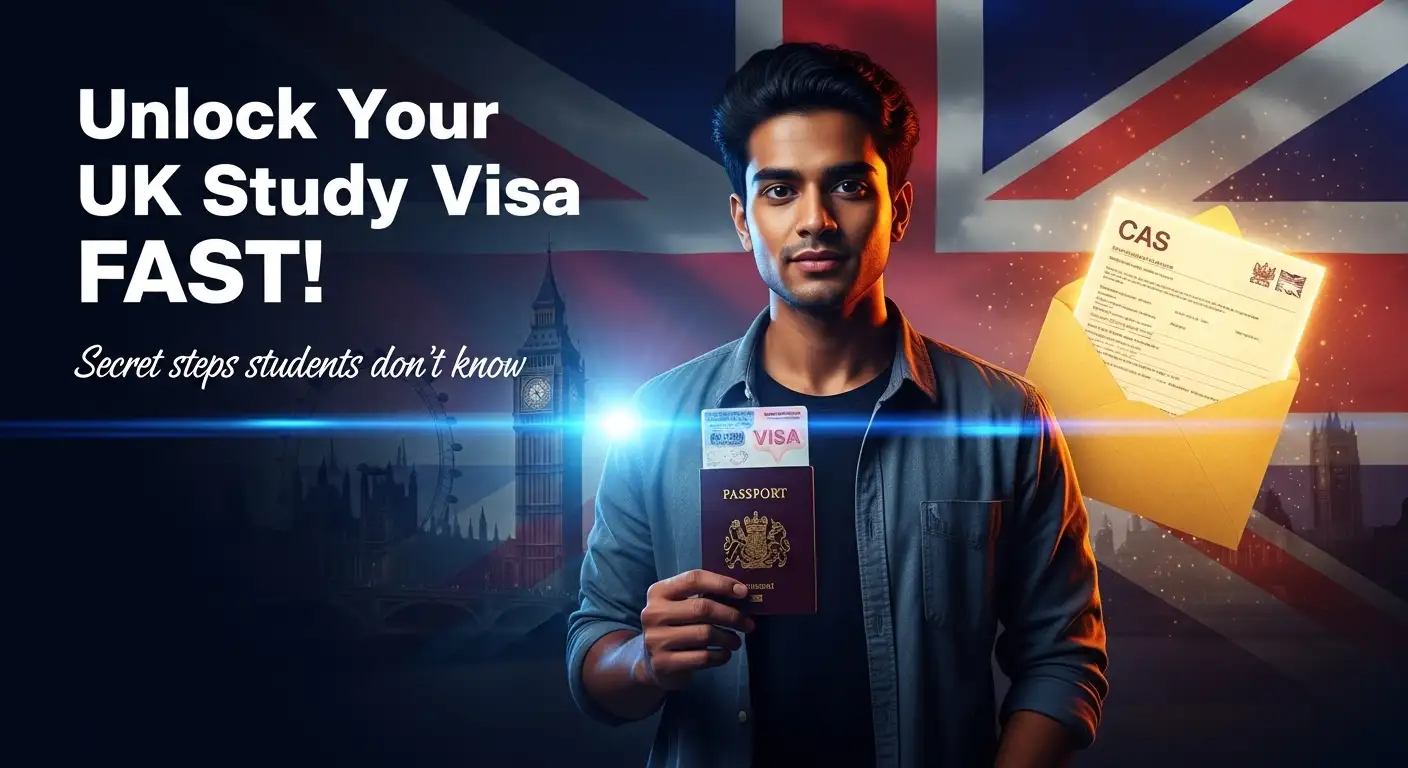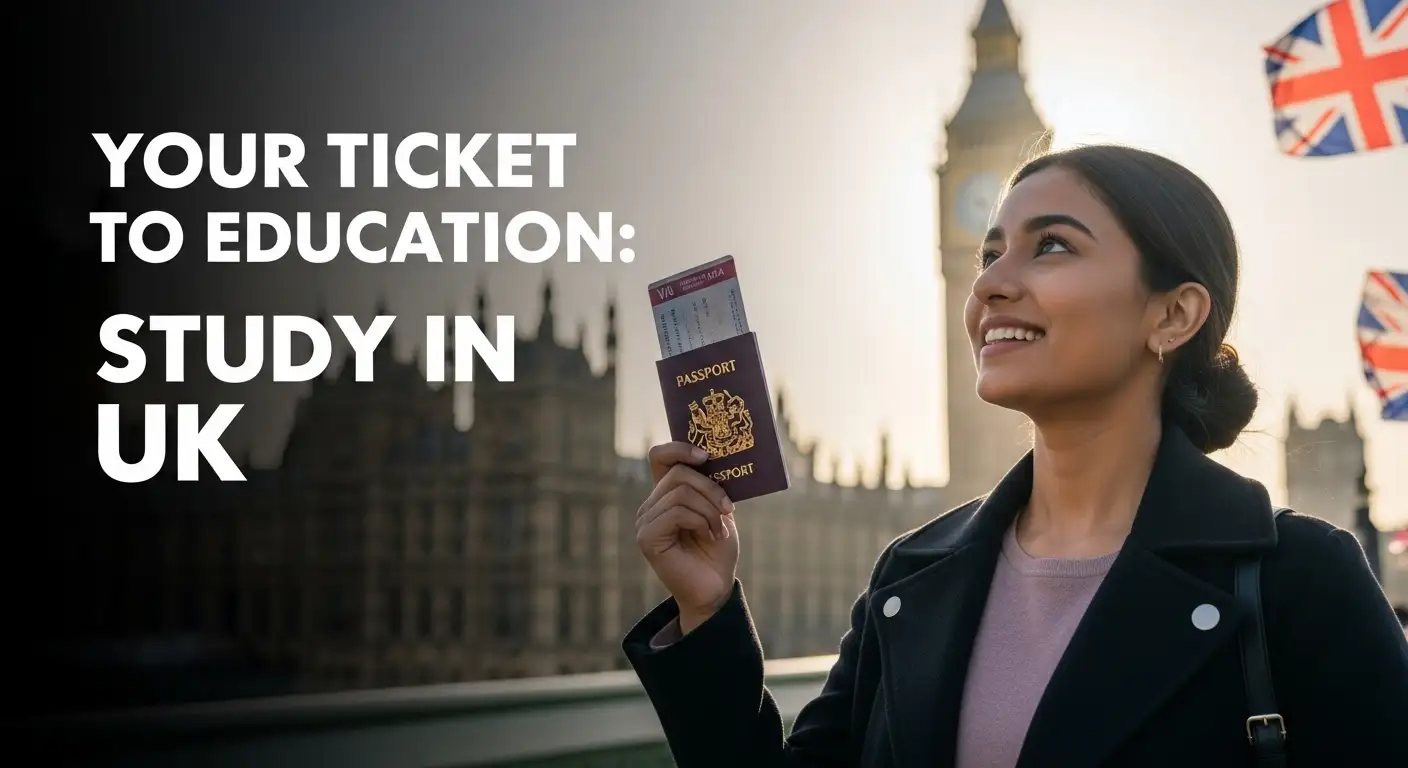Cracking the code to a successful student visa can feel overwhelming, especially when every country has its own rules, paperwork, and timelines. Many students dream of studying in the USA, France, the UK, or Germany, but the path to getting there begins with understanding the visa process clearly and preparing in the right way. The journey becomes much easier when you know what documents you need, how the application works, and what mistakes you should avoid. With the right strategy and proper research, your chances of securing a student visa increase significantly. This guide explains the entire process in simple English, helping you move step by step toward your study goals.
Every country offers different types of student visas, and understanding the right one for your situation is the first step. The United States grants visas like the F-1 for academic programs and the M-1 for vocational programs. France offers long-stay student visas for higher education students, while the UK has the well-known Student Route visa, previously called Tier 4. Germany uses a student visa known as Visum zu Studienzwecken, which allows you to study at German universities and colleges. Knowing these differences helps you select the correct path and prevents delays during the application.
Before applying for a visa, you must choose your destination wisely. Studying abroad is a big decision, so take your time to understand the academic environment, culture, weather, living cost, and language requirements of each country. The USA is known for flexible education systems and diverse campus life. France offers world-class arts, fashion, architecture, and research programs. The UK has some of the oldest universities with strong global reputations. Germany is popular for its low or even free tuition fees and high-quality engineering and technology programs. When your destination matches your long-term goals, it becomes easier to stay motivated throughout the visa process.
Selecting the right university or college is one of the most important parts of your plan. Each country requires you to study in a recognized institution. In the USA, the institution must be SEVP-certified, meaning it is approved to host international students. In France, the university must be recognized by the French authorities. In the UK, the institution should be a licensed sponsor, capable of issuing the Confirmation of Acceptance for Studies that you need for your visa. In Germany, your chosen university must play a part in their recognized higher education system. When you choose a trusted institution, your visa process becomes smoother because immigration officers know the institution is legitimate.
Once you select your institution, the next step is understanding the specific visa requirements for each country. Visa rules can change at any time, so it is important to rely on official government websites rather than random blogs or outdated sources. Visit the official immigration websites or the embassy pages for the USA, France, the UK, and Germany. Students from Pakistan, India, Bangladesh, Middle East, or African countries sometimes need extra documents, so it is important to read instructions carefully. Many visas require financial proof, language certificates, academic records, and detailed personal information. When you understand the requirements early, you save yourself from last-minute stress.
Preparing your documents is a major part of the visa journey. Most students underestimate how much attention to detail is needed when preparing documents. You will need your admission letter, valid passport, passport-size photographs, academic records, financial support documents, medical insurance (depending on the country), and in some cases, language test scores like IELTS, TOEFL, DELF, or TestDaF. All documents must be up-to-date, clear, and arranged in a neat order. Even small mistakes, such as spelling errors or mismatched dates, can cause delays or refusals. Organizing everything properly brings confidence when you begin your application.
Applying early is one of the smartest strategies for visa success. Many students wait until the last month, and then panic when appointments are not available or when embassies take longer to process applications. Starting early allows you to correct any mistakes and respond to any extra requests from the embassy. Visa applications involve forms that must be filled out honestly and correctly. You must double-check every detail because even minor errors can create problems. Paying the visa fee on time and keeping a copy of the transaction is also essential.
Some countries require visa interviews, especially the United States. The interview is a chance to explain your study plans and why you want to return home after your degree. Many students feel nervous, but with practice, it becomes easier. The key is to stay honest, confident, and concise. Visa officers want to know that you are a genuine student and not planning to misuse the visa. Be ready to talk about your course, why you chose that university, your financial sponsor, and your future goals. Practicing your answers helps you stay calm during the interview.
One of the most important requirements for all four countries is proving your financial stability. Immigration officers must be sure that you can pay for your tuition, accommodation, food, travel, books, and other expenses without needing illegal work or outside help. You can show financial proof through bank statements, sponsor letters, scholarship awards, loan approval letters, or fixed deposits. Germany also offers the option of a blocked account, which holds money for the student’s living expenses. Showing strong, clear financial evidence increases your chances of approval and builds trust with immigration authorities.
Maintaining good communication during the entire application process also helps. Stay in contact with your university’s international office, because they often guide you about visa steps, required documents, and timelines. Communicate with the embassy or visa center only through official channels. If the embassy asks for additional documents or clarification, reply politely and quickly. Good communication prevents misunderstandings and keeps your application moving forward smoothly.
It is also important to stay updated on visa rule changes. Governments update immigration policies frequently, especially after global events, economic shifts, or political changes. Regularly checking official websites keeps you informed. Avoid believing rumors or social media posts that spread incorrect information. Reliable information helps you stay prepared and prevents you from making costly mistakes.
After your visa is approved, the next exciting step is preparing for your arrival. Book your flight early, find accommodation, and learn about the city where you will live. Search for student housing, dormitories, or shared apartments that fit your budget. Study the public transport system, local laws, culture, and basic lifestyle tips. Understanding the country before you arrive helps you settle in faster and reduces culture shock. You should also keep digital and printed copies of your visa, passport, admission letter, and important contacts with you during travel.
Once you reach your new country, it is extremely important to follow the rules written in your visa. This includes staying enrolled full-time, attending classes, keeping your address updated with authorities, and respecting the work limits allowed by your visa. If you change your program, university, or address, you must report it. Following visa rules protects your legal status and avoids any trouble that may affect your future plans.
Studying abroad is more than getting a visa; it is about building a strong academic and personal future. When you prepare carefully and follow each step honestly, the entire visa process becomes smoother and less stressful. The USA, France, the UK, and Germany welcome thousands of international students every year. With dedication, correct information, and timely action, you can be one of them. Your dream of studying abroad can become reality when you approach the process with patience, responsibility, and confidence.
By applying these strategies, staying organized, and keeping a positive mindset, you increase your chances of obtaining a student visa and beginning your educational journey in one of the world’s top study destinations. The experience will open new doors, give you global exposure, and help shape your future success.










